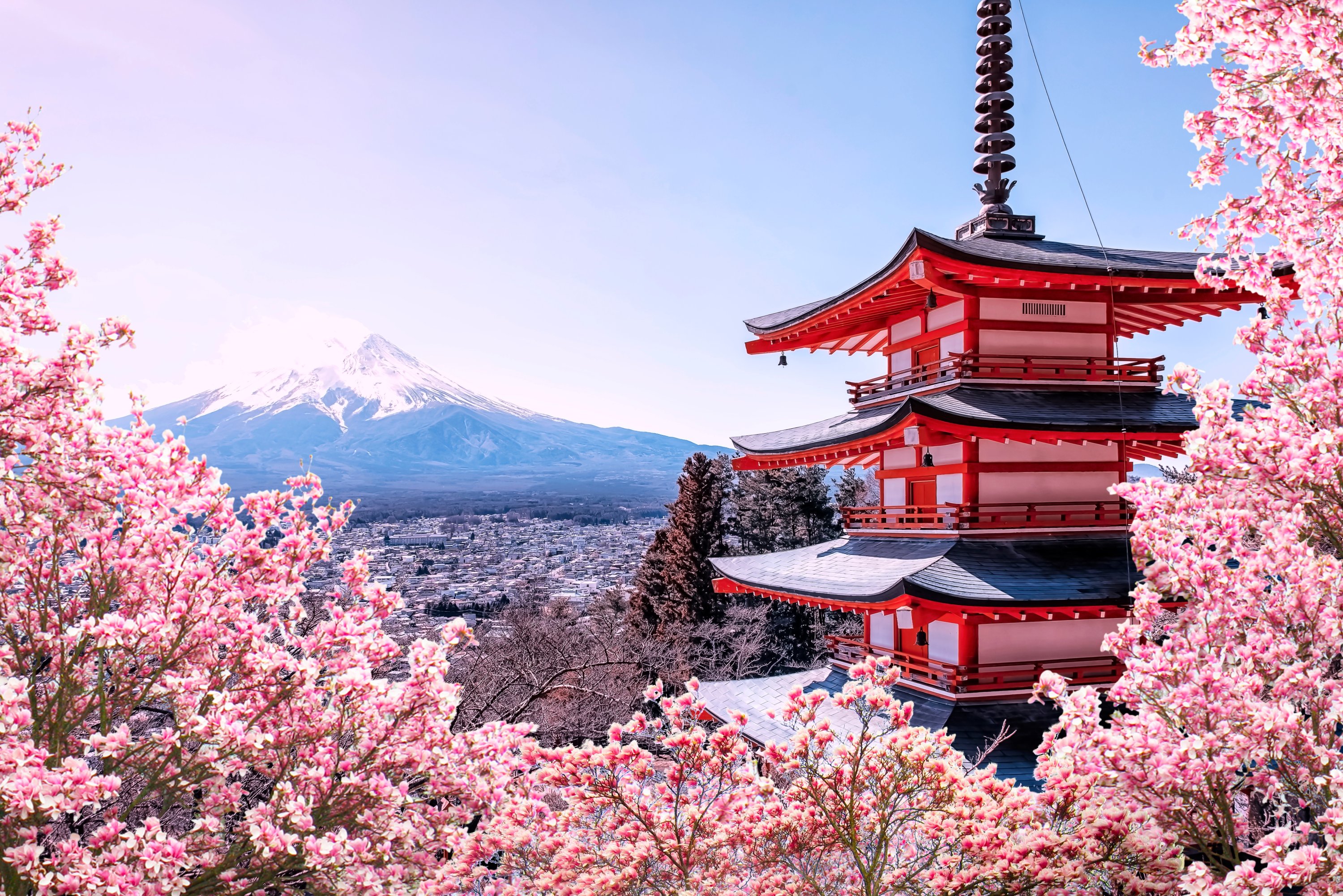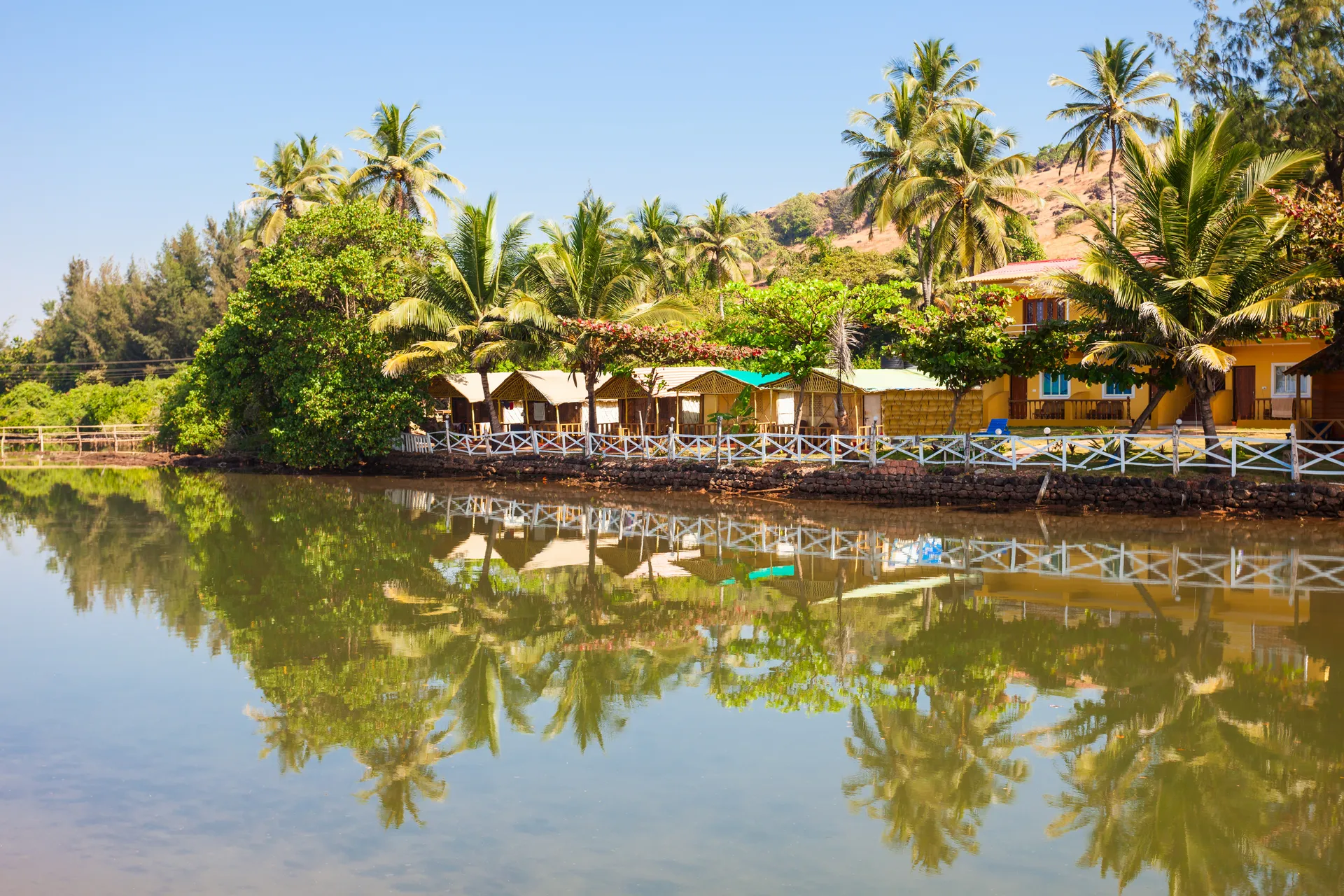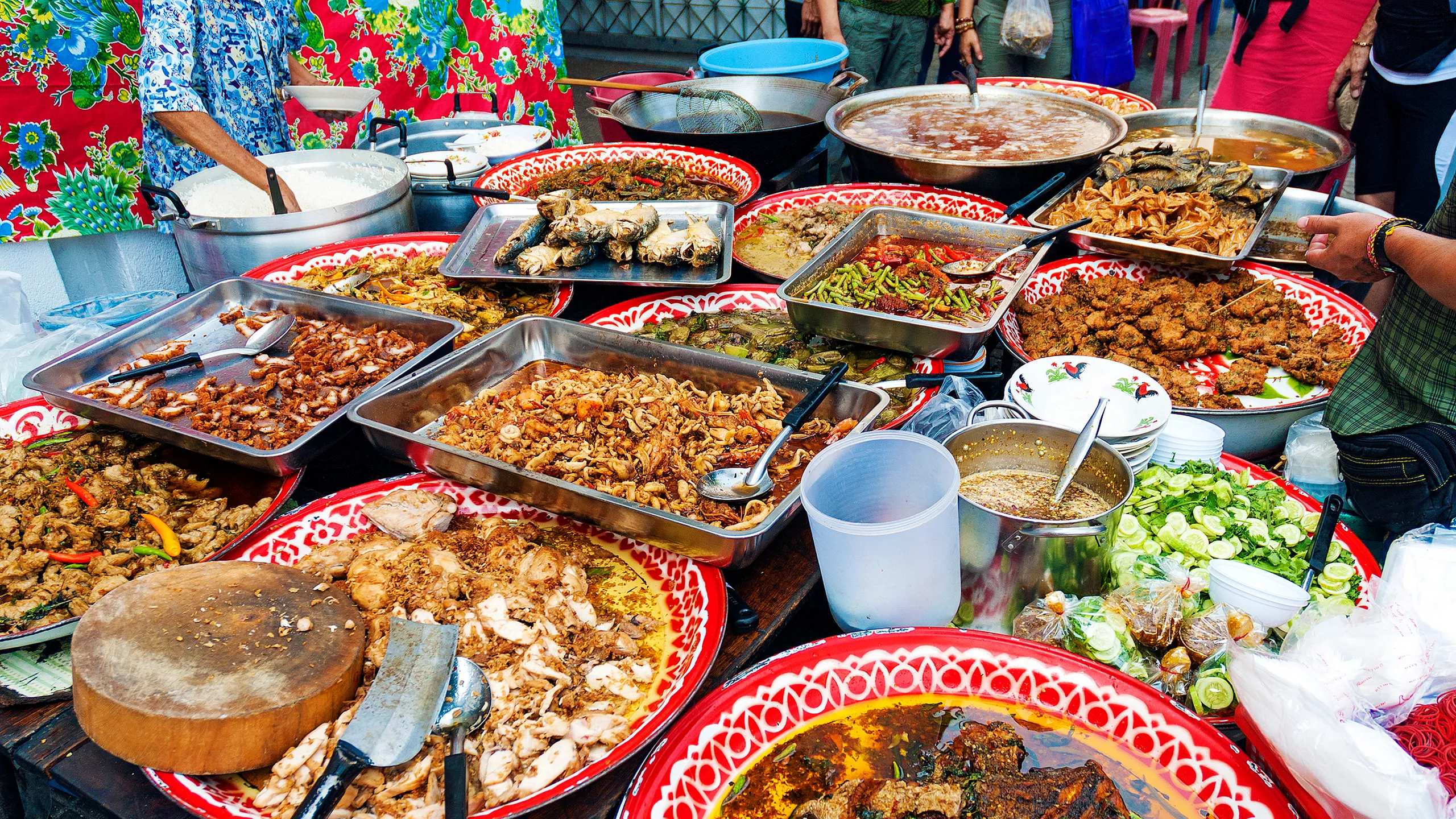
Is Japan Expensive to Visit? Complete 2025 Travel Cost Guide & Budget Breakdown
Japan has a reputation for being one of the more expensive travel destinations in Asia, but is it really that costly in 2025? The short answer: Japan can be as affordable or as luxurious as you make it. With smart planning, you can explore the country’s neon cities, tranquil temples, and breathtaking landscapes without emptying your wallet.
In this guide, we’ll break down the average daily costs in Japan, how much you’ll spend on accommodation, food, transportation, and attractions, plus practical budget vs. luxury travel examples.
Average Daily Cost of Visiting Japan
Your daily budget depends on how you travel. Here’s a rough breakdown for 2025:
Budget traveler: $50–80/day (hostels, capsule hotels, konbini meals, local trains)
Mid-range traveler: $120–200/day (business hotels, mix of restaurants and street food, rail pass)
Luxury traveler: $250–500+/day (ryokan stays, fine dining, private tours, taxis)
Compared to cities like London or New York, Japan can actually feel cheaper for quality — you get clean, safe, and efficient services at all levels.
Accommodation Costs in Japan
Budget:
Capsule hotels and hostels: $20–40 per night
Manga cafés (quirky but common option): $15–25/night
Mid-range:
Business hotels and Airbnbs: $60–120 per night
Traditional ryokans (with breakfast & onsen): $100–200 per night
Luxury:
Upscale ryokans: $300+ per night
5-star city hotels: $350–600+ per night
👉 Tip: Booking in advance is crucial during peak seasons like cherry blossom (March–April) and autumn foliage (October–November).
Food Prices: Street Food to Fine Dining
Japanese food can fit any budget:
Konbini (7-Eleven, FamilyMart, Lawson): Bento boxes and onigiri for $3–5
Ramen shops & casual eateries: $7–12 per meal
Mid-range restaurants: $20–40 per person
Sushi omakase or kaiseki fine dining: $100–300+ per person
👉 Eating at convenience stores and local ramen shops keeps costs low while still delivering authentic flavors.
Transportation in Japan
Getting around Japan is efficient but can add up:
Japan Rail Pass (JR Pass): ~$350 for 14 days, worth it if traveling between Tokyo, Kyoto, Osaka, Hiroshima.
Local trains & subways: $1.50–$3 per ride. Day passes in cities cost around $5–7.
Buses: Often cheaper than trains for short trips.
Taxis: Expensive — $7 base fare plus distance/time.
👉 Money-saving tip: If staying in just one city, skip the JR Pass and use IC cards (Suica, Pasmo) for local travel.
Activities & Attractions
Temples and shrines: Many are free; some charge $3–5 entry.
Museums: $5–15
Theme parks (DisneySea, Universal Studios Japan): $70–90/day
Onsen hot springs: $5–20 entry
Skiing in Hokkaido: $50–80/day for lift passes
👉 Cultural experiences like tea ceremonies and kimono rentals can cost $30–100 depending on location.
Seasonal Impact on Costs
Spring (Cherry Blossoms): High demand = higher prices (March–April)
Summer (Festivals, Mt. Fuji climbing): Moderate prices, hot & humid (June–August)
Autumn (Koyo / Fall Leaves): High demand again (October–November)
Winter (Skiing, hot springs): Prices vary; Hokkaido gets expensive but city hotels in Tokyo/Osaka may be cheaper.
Budget vs. Luxury Example Trips
Budget Traveler (7 Days):
Hostel + capsule stays: $200
Food from konbini/ramen shops: $120
Local trains & passes: $80
Attractions: $50
Total: ~$450–500 for the week
Luxury Traveler (7 Days):
5-star hotels/ryokans: $2,000+
Fine dining & premium sushi: $1,200
JR Green Pass + taxis: $600
Tours, private guides, premium attractions: $500+
Total: ~$4,000+ for the week
👉 Japan is flexible — you can enjoy it on a backpacker budget or live out a luxury dream.
Money-Saving Tips for Japan Travel
Stay in capsule hotels or business hotels instead of big chains
Eat at konbini and ramen shops for cheap but filling meals
Use city passes and regional rail passes for unlimited travel
Visit free attractions like Senso-ji Temple, Ueno Park, and Fushimi Inari Shrine
Travel in the shoulder seasons (May, September) to avoid peak surcharges
Final Thoughts: Is Japan Expensive?
Japan can be expensive if you lean into luxury hotels, fine dining, and taxis everywhere. But it can also be surprisingly affordable for budget travelers thanks to capsule hotels, efficient trains, and cheap eats.
The truth is: Japan offers amazing value for money. Clean, safe, punctual transport, high-quality food, and world-class cultural experiences make every dollar (or yen) worth it.
So whether you’re a backpacker or a luxury seeker, Japan is worth every yen in 2025.
Comments
No comments yet. Be the first to comment!



